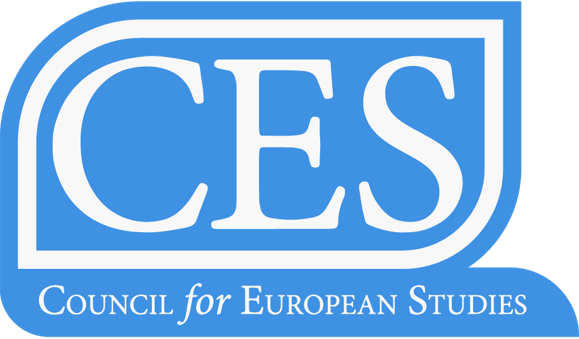Conference Code of Conduct*
Overview
The Council for European Studies (CES) International Conference of Europeanists is convened for the purposes of professional development, the free exchange of knowledge and ideas, and the promotion of scholarly debate within the spirit of academic freedom, while ensuring integrity, dignity, respect, and fairness. It serves as the main networking event for CES members and attracts many participants.
CES is committed to ensuring that the conference is a safe space for its members and other participants including volunteers, invited guest speakers, sponsors, vendors, and conference facilities staff. The conference should also be a positive experience for all, regardless of gender, race, ethnicity, sexual orientation, language, religion, age, disability, educational or socio-economic status.
Expectations
All conference attendees play a vital role ensuring that the event is a professional environment free from harassment and unacceptable behaviors, where diversity is respected, and disagreement is framed in a manner that reflects commonly understood and accepted professional academic standards, ethics, and norms.
Conference attendees are asked to adhere to a code of conduct that reflects the above expectations statement and acknowledges the following definitions of harassment and unacceptable behavior.
CES defines harassment as any action or actions undertaken individually or as a group which are intended to cause distress or alarm. This includes drawing attention to protected characteristics or deliberately engaging in actions which create an intimidating, hostile, degrading, humiliating, or offensive environment for another conference attendee.
Unacceptable behaviors can be both deliberately and non-deliberately engaged in. They can also happen in person and virtually, such as via online and social media platforms (including personal social media accounts). Such behaviors may include but are not exclusive of actual or implied threat of verbal and physical assault (including sexual assault); stalking; sexist, discriminatory, disparaging or derogatory statements (including jokes and innuendo); use of foul or obscene language; unsolicited physical conduct; violating personal space; bullying; shouting down, threatening, persistently interrupting or talking over participants; and harassing photography or video/audio recordings.
Reporting Procedures
Any attendee who experiences or is witness to harassment and/or unacceptable behavior which could be deemed to violate this Code of Conduct or cause distress is encouraged to speak in confidence with a member of the conference team (identifiable via their conference badge or located at the main information desk). Alternatively, they can email CES at events@ces-europe.org. This can be done at any time during the conference or shortly after the conference has ended.
CES takes any violation or this Code of Conduct seriously and all reported instances will be logged, investigated and where appropriate, action taken.
CES requires any attendee who is asked to stop harassing or unacceptable behavior to comply immediately and cooperate with any subsequent investigation. CES has discretion and, following finalisation of an investigation where violation of the Code of Conduct is confirmed, reserves the right to deny an individual or individuals access to the remaining conference, disqualify them from participating in future conferences and/or cancel their membership of the Council. CES will not tolerate any attempted or actual reprisals or retaliation against the organisation or any individual who, in good faith, either raised their concern that this Code of Conduct has been violated, or who may have cooperated with an investigation.
If any participant of the conference or CES member has a query about this Code of Conduct, they may contact the Council at the following address events@ces-europe.org
* CES will undertake further consultative revision of this Code of Conduct for all future events.


